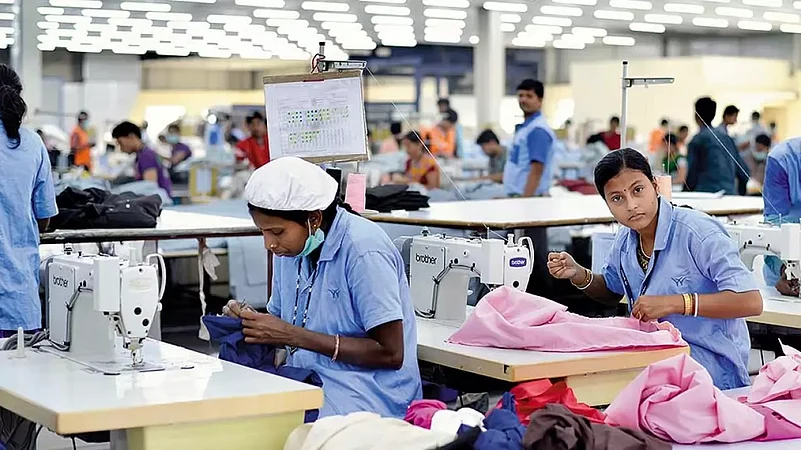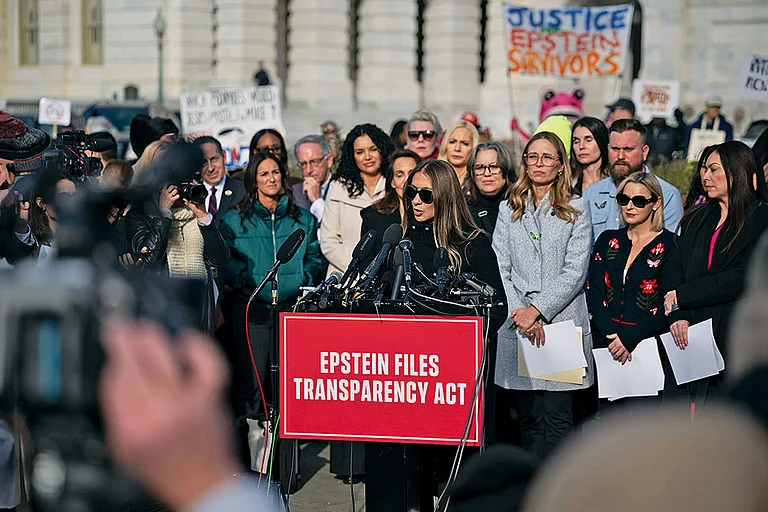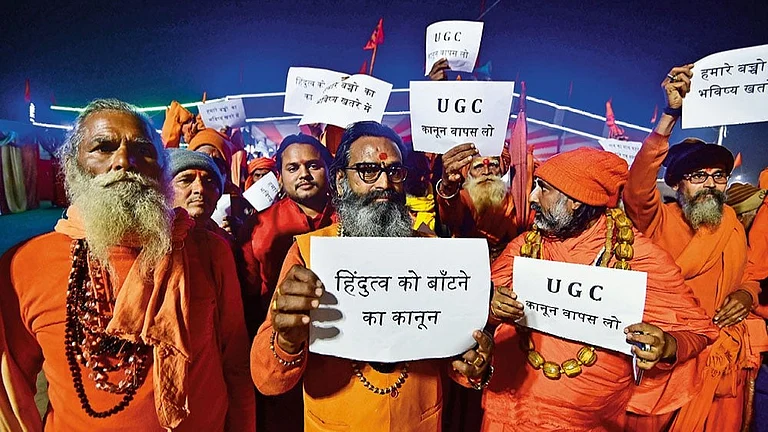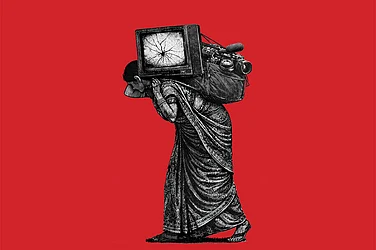In his Independence Day speech last year, Prime Minister Narendra Modi vouched for ‘Nari Shakti’ (women’s safety) and urged people to not do anything that lowers the dignity of women. “Respect for women”, “gender equality” and “strength of women” are some of the things he said were important for India’s growth. While on paper women are protected by various laws criminalising harassment, violence or inequality, on the streets and in the workplace, they often find still themselves facing a barrage of sexist behaviour from men.
In 1992, a social worker appointed as a “saathin” by the Rajasthan government was brutally gang raped for stopping a child marriage. The case went to a district court which dismissed it and acquitted the five men accused. Back then, there were no formal guidelines defining an incident of sexual harassment at workplace.
After a series of protests by women’s activists for five years, the case was brought to the attention of the Supreme Court in 1997 by women’s groups and non-governmental organizations in the form of a PIL under the collective platform of Vishaka. The top court’s landmark judgement in ‘Vishaka and others v State of Rajasthan’ – laying down a set of guidelines to deal with complaints of sexual harassment of working women – gave birth to one of the most crucial steps towards women’s safety in India.
The Birth Of Vishaka Guidelines
The Supreme Court laid down a set of guidelines to be followed by establishments that defined sexual harassment, imposing three key obligations on institutions – prohibition, prevention, and redress. The guidelines directed employers to form a complaints committee to look into any such allegations.
The court ruled that the consideration of "International Conventions and norms are significant for the purpose of interpretation of the guarantee of gender equality, right to work with human dignity in Articles 14, 15 19(1)(g) and 21 of the Constitution and the safeguards against sexual harassment implicit therein."
Despite its historic importance and academic significance, the Vishaka Guidelines were, however, not enough for legal compliance by employers.
Enactment Of PoSH Act
It was only in 2013 that a legislative backing was given to the Vishaka Guidelines and the Sexual Harassment of Women at Workplace (Prevention, Prohibition and Redressal) Act, commonly known as PoSH Act, was passed in Rajya Sabha to provide protection against sexual harassment of women at workplace.
The Act mandated all employers to constitute an Internal Complaints Committee (ICC) with 10 or more employees – more than 50 per cent members women and headed by a woman employee – for the prevention and redressal of complaints of sexual harassment and for matters connected therewith or incidental thereto.
How did PoSH Act define sexual harassment?
It defined sexual harassment on various broad aspects including:
1. Physical contact and advances
2. Demand or request for sexual favours
3. Sexually coloured remarks
4. Showing pornography
5. Unwelcome physical verbal or non-verbal conduct of sexual nature
It defined the aggrieved victim to be any woman “of any age whether employed or not” who “alleges to have been subjected to any act of sexual harassment”.
The Ministry of Women & Child Development, then led by Maneka Gandhi, further broadened the behaviours that constitute sexual harassment at workplace in a ‘handbook’ on what she termed “unwelcome acts or behaviour” that are “illegal, demeaning, invading, one-sided and power-based”.
Implications Of Vishaka Guidelines And Where It Stands Today
More than 25 years after the Supreme Court judgement and a decade after the constitutionally mandating the PoSH Act, sexual harassment at the workplace continues to be the grim reality of thousands of women, many of whom do not speak up.
In fact, many workplaces to this date do not have an Internal Complaints Committee. According to a May 4 report by The Indian Express, 16 out of India’s 30 national sports federations do not have an ICC. This is a similar story across many sectors.
Campaigns like the #MeToo movement in India brought some change to this, enabling more women to come out and speak but their voices are often shunted by the lack of response, neglection by top bosses and external political influences that lets the accused go scot-free.
A striking example of the same was when a renowned journalist had to fight for her decision against a powerful politician, who is also a veteran journalist. While she ultimately won a defamation case filed by the BJP leader against whom she alleged sexual harassment. The allegations against him have not yet been proven in court.
On the other hand, the women wrestling champions including Vinesh Phogat and Sakshi Malik led a months-long protest over sexual harassment complaints against outgoing Wrestling Federation of India (WFI) president Brij Bhushan Sharan Singh, who is also a BJP MP.
Until these incidents of sexual harassment are meted out with exemplary punishment as guaranteed under the Vishaka Guidelines and the subsequent PoSH Act, complaints by women will continue to pile up and go unheard. Women’s safety and equal opportunity in the workplace will then remain a distant dream.






















